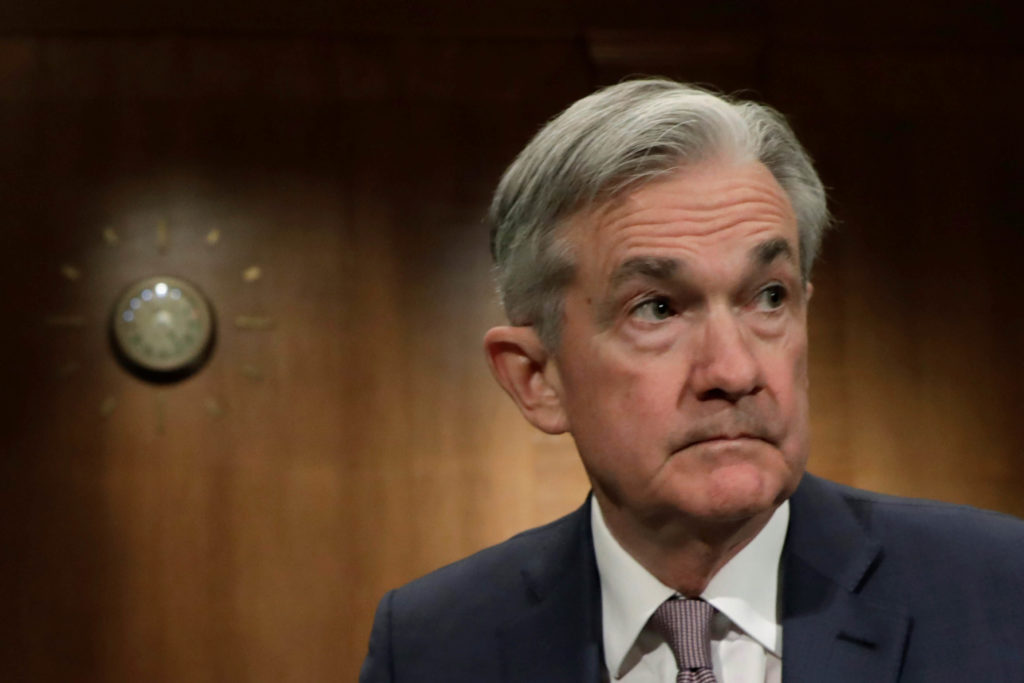During the financial crisis in 2008, a Harvard law professor pushed for regulations to protect consumers she believed were suffering because financial firms took advantage of them.
Now a U.S. Senator from Massachusetts, Elizabeth Warren, notes in her biography that:
She is widely credited for the original thinking, political courage and relentless persistence that led to the creation of the Consumer Financial Protection Bureau, which she helped stand up and has successfully protected millions of consumers from financial tricks and traps often hidden in mortgages, credit cards, and other financial products.
She also notes that she is:
A fearless consumer advocate who has made her life’s work the fight for middle class families … Elizabeth is one of the nation’s leading progressive voices, fighting for big structural change that would transform our economy and rebuild the middle class.
While this could be considered harmless campaign rhetoric, investors can’t ignore the statements of Senator Warren.
Commenting on Federal Reserve Chairman Jerome Powell’s possible reappointment, she recently told Bloomberg: “Over and over and over he has weakened a regulation here, he has led the Fed to ease up there, he has helped the Fed to protect the largest financial institutions.”
If she protests the chairman’s reappointment, it’s possible there will be a new Fed chair in February. That could unsettle markets.
Fortunately for the markets, one important measure shows Powell has not made changes that benefitted large banks. The chart below shows the amount of capital banks hold as reserves.
Bank Reserves Have Spiked
Source: Federal Reserve.
Increased Bank Reserves Help Prepare for Crisis
The tier 1 capital ratio measures a bank’s financial strength. By holding enough capital in reserve, a bank can weather a financial storm. To a bank, reserves represent cash that can’t be used to generate income, so they may want to hold the minimum amount of reserves possible.
Under Powell, reserves have increased. There has been a sharp rise in the tier 1 capital ratio since the pandemic.
Data shows Powell is forcing banks to be prepared for a crisis. In his term, banks faced a crisis and came through it stronger than ever.
Hopefully, the data will trump politics, and Powell will receive a second term.
I don’t like working more than I have to.
That’s why I found a way to beat the market by making one simple trade per week.
Last year, this trade helped me beat the market eight times over.
It’s a great way to accelerate your gains. Click here, and I’ll show you how it works.
Michael Carr is a Chartered Market Technician for Banyan Hill Publishing and the Editor of One Trade, Peak Velocity Trader and Precision Profits. He teaches technical analysis and quantitative technical analysis at the New York Institute of Finance. Mr. Carr is also the former editor of the CMT Association newsletter, Technically Speaking.
Follow him on Twitter @MichaelCarrGuru.
